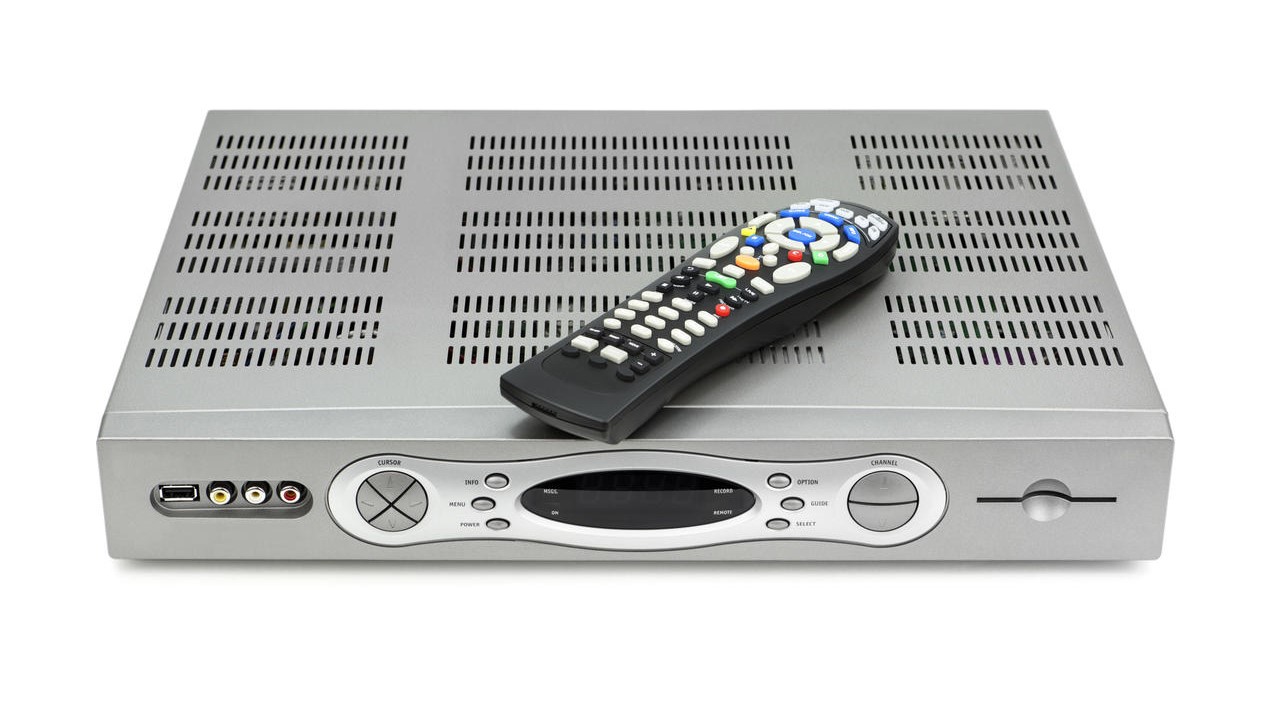CTA, NCTA Extend Set-Top Energy Saving Agreement to 2025
Stronger energy-efficient commitments will be put in place starting in 2023

WASHINGTON—Set-top boxes will soon be saving even more energy than in recent years thanks to an extension of an agreement between the Consumer Technology Association and the NCTA—The Internet & Television Association (NCTA).
The “Voluntary Agreement for Ongoing Improvement to the Energy Efficiency of Set-Top Boxes” agreement, which was initially signed in 2012, has been extended through 2025. As part of the agreement, new and stronger energy-efficient commitments will be put in place starting in 2019.
At the end of 2019, CTA reports that the agreement has saved consumers $7 billion in energy costs and avoided 39 million metric tons of CO2 emissions. By the end of these extended terms, it is projected that the total energy uses by set-top boxes in the U.S. will be only a third of the energy used by set-top boxes in 2012.
This latest extension of the agreement places emphasis on IP set-top boxes. The maximum power levels for IP non-DVR set-top boxes will be cut by an average of 43% from 2021 levels, per CTA. The Natural Resources Defense Council, NRDC, estimates the new set-top boxes that will be rolled out in 2023 will use around 20% less energy, what it calls “great incremental progress.”
“The ongoing incremental energy efficiency improvements by the pay-TV industry and set-top box manufacturers translate to a very satisfying trifecta—reduced energy use, avoided carbon emissions and lower customer utility bills,” said Noah Horowitz, senior scientist at NRDC. “Going forward, we anticipate many customers will be able to get rid of their set-top boxes entirely and access content directly through an app installed on their TV, which will lead to even greater savings.”
Multichannel pay-TV providers, manufacturers and energy efficiency advocates are signatories of the agreement. This includes AT&T/DirecTV, Comcast, Charter, Dish, Verizon, Cox, Altice, Frontier, CommScope, Technicolor, NRDC and the American Council for an Energy-Efficient Economy. CableLabs also aids with research and developing the energy efficiency strategies.
“The phenomenal progress we’ve seen in energy and cost reduction due to this voluntary agreement is a testament to what can be accomplished through private sector initiative and collaboration,” said Doug Johnson, vice president of technology policy, CTA. “We applaud the signatory companies for their commitments and engineering accomplishments, the energy efficiency advocates for their contributions and oversight, and the policymaking community for giving us the time and space to develop, launch and expand this agreement.”
The professional video industry's #1 source for news, trends and product and tech information. Sign up below.
